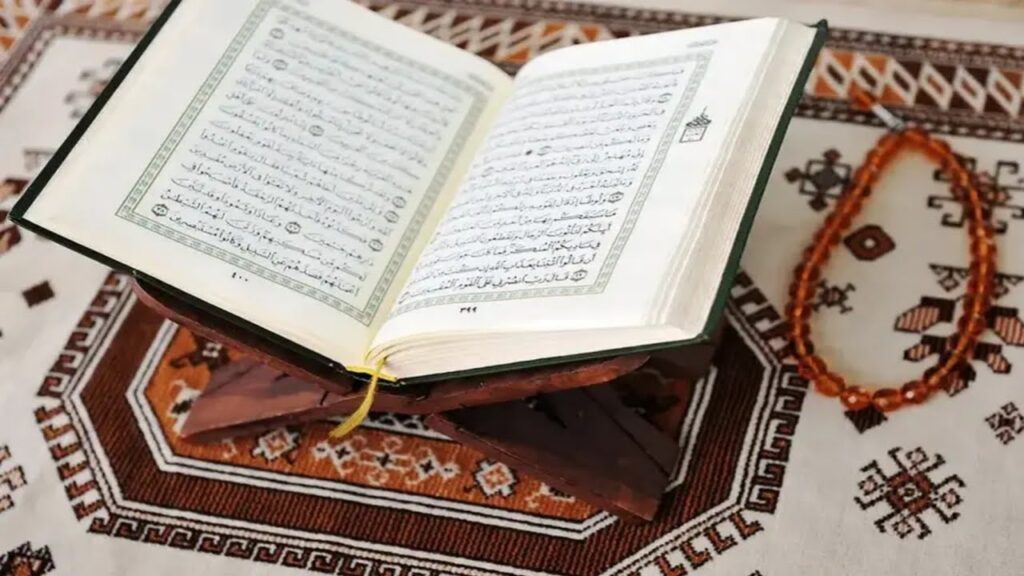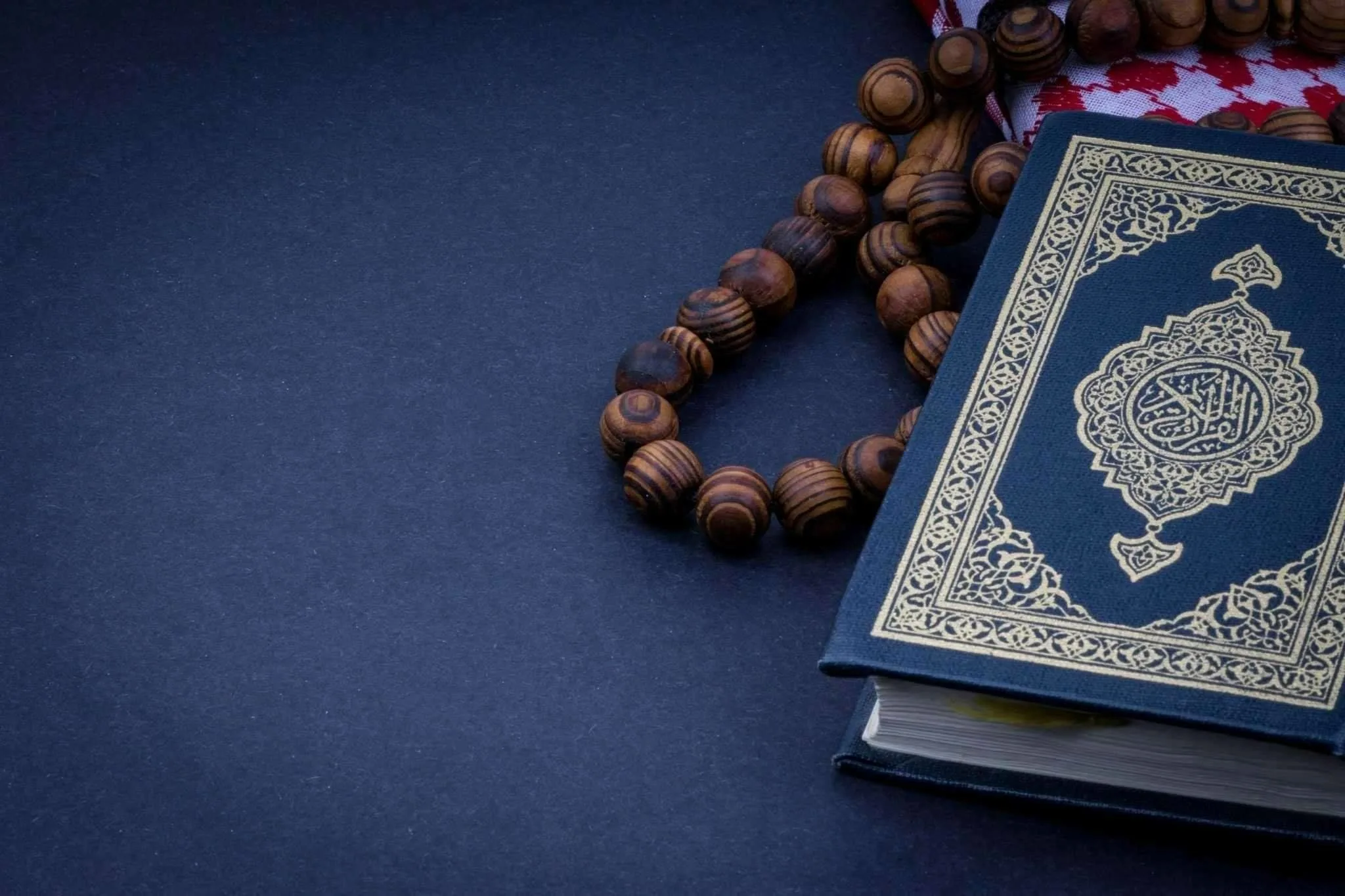The stories of women companions in Islam are a powerful source of inspiration and guidance. These women, known as Sahabiyat, played pivotal roles in the early Muslim community, embodying faith, courage, and dedication. Their lives and legacies continue to offer valuable lessons, especially as inspiring Sahabiyat in Islam and Muslim female role models Sahaba whose examples resonate deeply with believers today. Through their sacrifices, leadership, and unwavering commitment to Islam, they helped shape the foundations of the faith and left an indelible mark on Islamic history.
Stories of women companions

The Sahabiyat were not just passive followers; they actively participated in spreading Islam and supporting the Prophet Muhammad (peace be upon him). Their stories reveal their strength, wisdom, and resilience. Among these Islamic women stories in the Quran and Hadith, many stand out for their exceptional contributions.
- Khadijah bint Khuwaylid was the first wife of the Prophet Muhammad and the first to embrace Islam. As a successful businesswoman, she used her wealth and influence to support the early Muslim community. Khadijah’s unwavering belief in the Prophet’s message and moral support during the hardest times of Islam’s birth makes her one of the most inspiring Sahabiyat in Islam.
- Aisha bint Abi Bakr, daughter of Abu Bakr, was well-known for her knowledge and memory of the Quran and Hadith. She narrated thousands of prophetic traditions and played a significant role in educating early Muslims. As one of the most influential Muslim female role models Sahaba, Aisha’s life exemplifies the importance of scholarship and leadership.
- Fatimah bint Muhammad, the beloved daughter of the Prophet, was another remarkable figure. She is revered for her piety, modesty, and devotion. Fatimah’s story is closely tied to themes of family, spirituality, and social justice, offering a holistic example for Muslim women today.
Inspiring Stories of Sacrifice and Devotion
Many women Sahaba demonstrated unparalleled bravery and self-sacrifice for Islam. Their stories illustrate how Islamic women were active participants in critical moments of Islamic history.
- Nusaybah bint Ka’ab is famous for her valiant role in the Battle of Uhud. Despite being a woman, she fought alongside the Prophet and defended him courageously. Her story is a shining example of courage and dedication.
- Sumayyah bint Khayyat, the first martyr in Islam, suffered brutal persecution for her faith. As the mother of Ammar ibn Yasir, her perseverance under oppression highlights the strength and resilience of Muslim women in the earliest days of Islam.
- Umm Salama was known for her wisdom and sound judgment. She provided critical counsel to the Prophet and the community on several occasions, showcasing the vital role women played in shaping Islamic jurisprudence and social norms.
Contributions to Islamic Knowledge and Social Reform
The influence of these women extended beyond the battlefield and family life; they greatly contributed to Islamic knowledge and societal reforms.
- Hafsa bint Umar, who compiled parts of the Quran under the Prophet’s directive, was a key figure in preserving the Quranic text. This act not only preserved the scripture but also demonstrates the critical role women played in Islamic scholarship.
- Ruqayyah and Umm Kulthum, daughters of the Prophet, served as moral exemplars of patience and resilience during difficult times. Their stories highlight the human side of the Sahabiyat and their role in promoting spiritual strength within the family unit.
The legacy of these Muslim female role models Sahaba continues to inspire Muslim women to take active roles in education, leadership, and community service.
Islamic Women Stories in the Quran and Hadith
The Quran itself acknowledges and honors the roles of righteous women with narratives that Muslims have drawn inspiration from for centuries.
The story of Maryam (Mary), mother of Prophet Isa (Jesus), is one of the most revered stories of Islamic women. She is mentioned repeatedly in the Quran as a symbol of purity, devotion, and trust in Allah. This theme encourages Muslim women to seek a direct relationship with their Creator, embodying strong faith and devotion.
Verses in the Quran praise women who are devoted to prayer, charitable, and obedient to God, encouraging believers to look up to these qualities as guiding principles. The Prophetic tradition also honors women such as Asiya, the wife of Pharaoh, who resisted tyranny and upheld faith despite immense pressure and hardship.
Modern Reflections on Early Women Companions
The inspiring Sahabiyat in Islam remain relevant role models for Muslim women today. Their stories show that women can effectively contribute in various spheres – religious, social, familial, and political – while maintaining strong moral and ethical values.
Modern Muslim women often turn to these stories for motivation in pursuing education, social justice, and community leadership. The balance of their roles as caregivers, educators, and active participants in societal change continues to resonate across generations.
FAQs
Who were the most notable women companions of the Prophet Muhammad?
Notable women companions include Khadijah bint Khuwaylid, Aisha bint Abi Bakr, Fatimah bint Muhammad, Nusaybah bint Ka’ab, Umm Salama, and Sumayyah bint Khayyat, among others.
Why are Sahabiyat important in Islamic history?
Sahabiyat played key roles in supporting the Prophet, spreading Islam, preserving Islamic knowledge, and exemplifying moral and spiritual virtues for future generations.
What lessons can modern Muslim women learn from these companions?
They teach the importance of faith, perseverance, knowledge seeking, courage, leadership, and balancing family and social responsibilities with spiritual devotion.
Are stories of women companions mentioned in the Quran?
Yes, the Quran mentions and honors women like Maryam (Mary), the mother of Prophet Isa, and praises virtues such as patience, charity, and devotion that many companions embodied.
How can the legacy of Islamic women companions inspire today's Muslim women?
Their legacy encourages Muslim women to pursue education, leadership, social justice, and spiritual growth, showing that women have always had a vital and respected role in Islam.
Conclusion
The stories of the women companions of the Prophet Muhammad exemplify profound courage, faith, and dedication. These inspiring Sahabiyat in Islam not only shaped the early Muslim community but also offer timeless lessons for Muslim women everywhere. From Khadijah’s pioneering support to Nusaybah’s battlefield bravery, and from Aisha’s scholarly contributions to Maryam’s spiritual devotion, these Muslim female role models Sahaba embody multifaceted examples of empowerment within Islamic teachings. Their legacies, profoundly embedded in Islamic women stories in the Quran and Hadith, continue to inspire and guide believers around the world toward a life of purpose, resilience, and faith.

